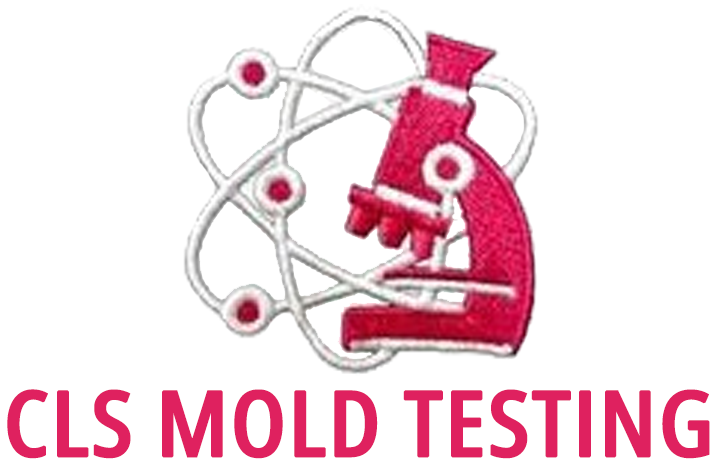CLS Mold Testing FAQ
Over 28 Years of Experience
Microbiologist Available
Licensed Technicians
Hours:
Request a Call Back
Hero Request Form
Thank you for contacting us.
We will get back to you as soon as possible
Please try again later
CLS Mold Testing FAQ
Have a mold testing related question? We have the answer. Check out these FAQs and give us a call today for more information!
-
What is mold and why is it a concern?
Mold is a form of fungus that grows in moist environments. It can lead to structural damage in buildings and may pose health risks, such as allergies, respiratory problems, and other serious health issues.
-
When should I have a mold inspection done?
You should consider getting a mold inspection if you notice musty smells, see visible mold, observe water damage, or if you or your family are experiencing unexplained health issues. It's also advisable to have a mold inspection before buying or selling a home.
-
What happens during a mold inspection?
During an inspection, we visually evaluate your property, utilize moisture meters to identify damp areas, and collect air or surface samples to analyze for mold spores in a laboratory.
-
How much does a mold inspection cost?
The price of a mold inspection varies based on the property's size and the thoroughness of the inspection. Reach out to us for a personalized quote tailored to your specific requirements.
-
Is mold dangerous to my health?
Some types of mold can cause allergic reactions, respiratory problems, and other health issues, particularly in individuals with asthma, allergies, or compromised immune systems.
-
How do I prevent mold from growing in my home?
To prevent mold, manage moisture levels by repairing leaks, using dehumidifiers, ensuring adequate ventilation, and promptly addressing water damage.
-
Can there be an air quality issue even if mold isn’t visible?
Yes, even if mold isn’t visible, there can still be an air quality issue. Mold spores can exist in the air or on hidden surfaces, such as behind walls or under flooring. This can impact indoor air quality and potentially lead to allergies, respiratory issues, and other health problems.
SERVING
and surrounding areas


Share On: